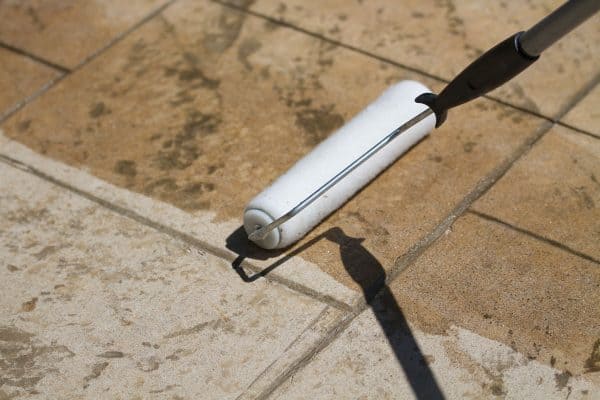Disclosure: We may get commissions for purchases made through links in this post.
Sealing is an important part of your pavers' maintenance. But how often should you do it? What are the signs that you should look for so that you know that your pavers need resealing? That's what we will talk about in this article. We sought the advice of paving experts and here's what they have to say.
Pavers should be sealed every three to five years. The frequency of this maintenance schedule depends on the sealer's quality, weather conditions, and usage of your particular pavement. Once you notice that there's discoloration or fading, dark spots, stains, and mold, you'll know that it's time to reseal your pavers. This will help you protect your patios, walkways, pool decks, and driveways and make the hardscaping last longer.
Keep on reading to find out more about your paver resealing schedule and the factors that influence its frequency. We'll also elaborate on the signs that would tell you it's time to have your pavers resealed. This article will also talk about the benefits of sealing your pavers. Let's get started!
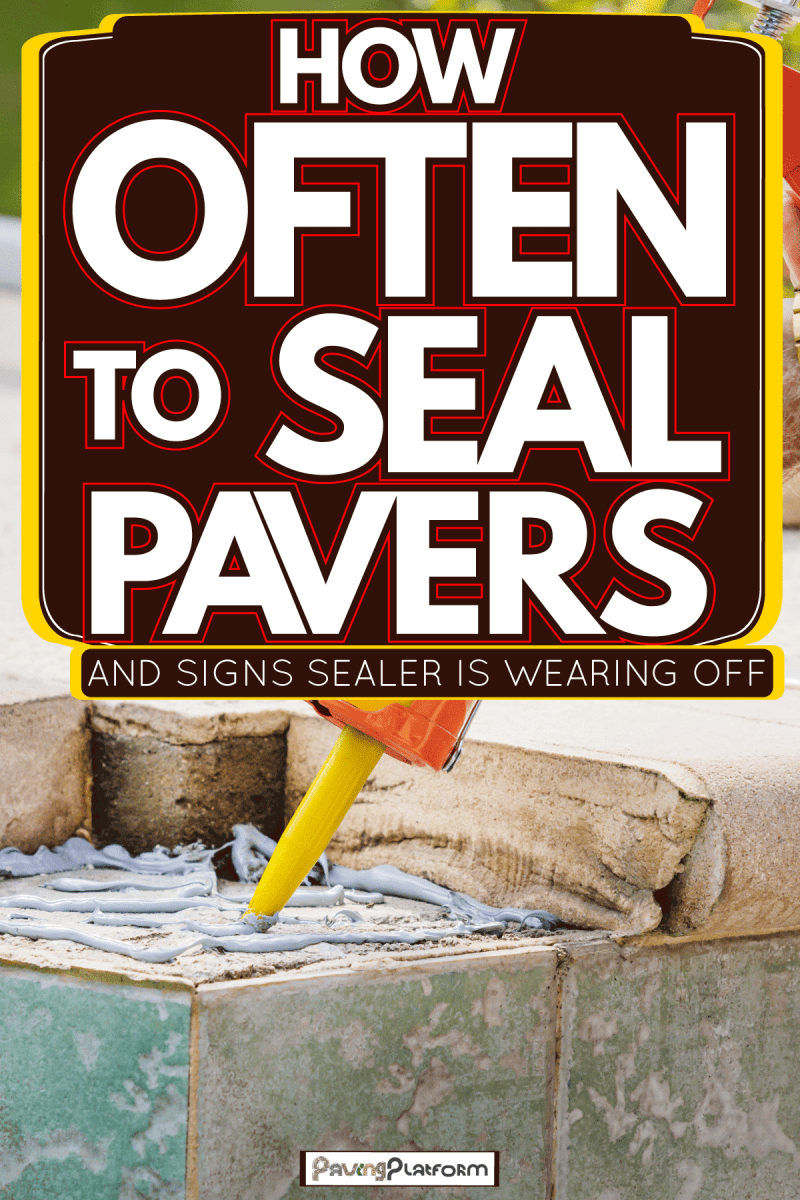
How long does sealant last on pavers?
Once you've sealed your pavers, you give it added protection against the elements - be it rain, snow, water, dirt, debris, pests, and other unwanted particles that threaten to destroy your pavement structure. We all know the large investment needed to make your patios, pathways, driveways, and pool decks beautiful. That's why we spend a lot on high-quality paving materials and their installation so that we can make the most of our outdoor space.
However, sealing your pavers isn't a one-time thing. It needs to be done regularly to ensure that your hardscape has adequate protection from regular wear and tear and harsh environmental conditions. This is because sealants don't last forever.
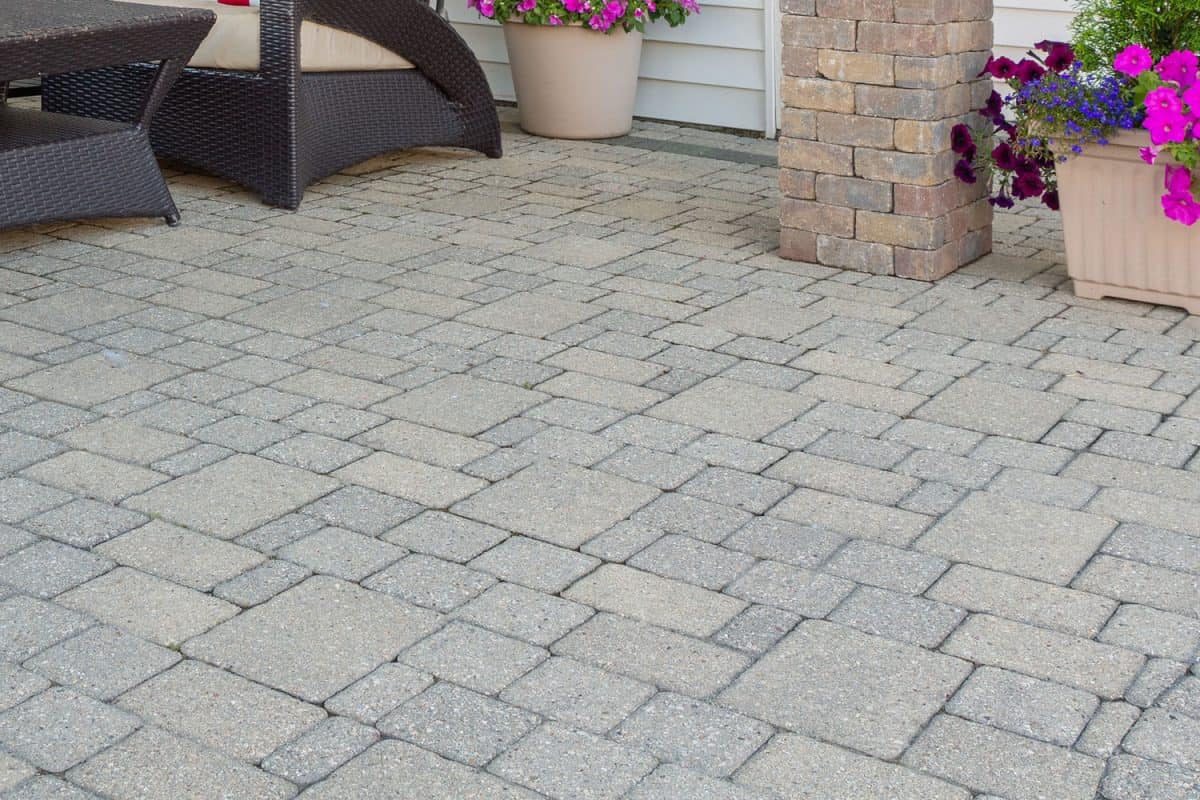
Even the best ones are subject to deteriorate over time since they are subjected to frequent use, foot or vehicle traffic, and weathering. These cause paver sealer components to break down and compromise your pavement's appearance, protection, and durability.
Because of this, experts recommend that you reseal your pavers every three to five years after their installation. You can also ask your contractor for their recommendation regarding this maintenance schedule.
The frequency would also depend on the following factors: quality of the sealant used, weather conditions, and usage of your pathways, patio, pool decks, and driveways.
- Sealer Quality: It is a better to invest in a good-quality sealant so that you can be confident that it can stand up well against the elements. Proper application is also needed to ensure the long life of the sealer. Check customer reviews before buying the paver sealer so that you know its performance based on users' experience.
- Weather Conditions: Fair weather for the majority of the year and having a cover over your pavement can slow down its deterioration. On the other hand, snow, rain, and harsh UV rays can speed it up and you'll have to schedule your resealing earlier.
- Usage: If the pavement receives a lot of foot or vehicle traffic, the sealant will wear down easily. Traffic causes friction which can cause the sealant to erode.
Check out this paver sealer on Amazon.
Suffice it to say, not everyone will follow the same schedule. But one thing is for sure. Once you notice signs of wear, that's when it's time to have your pavers resealed.
Signs Paver Sealer Is Wearing Off
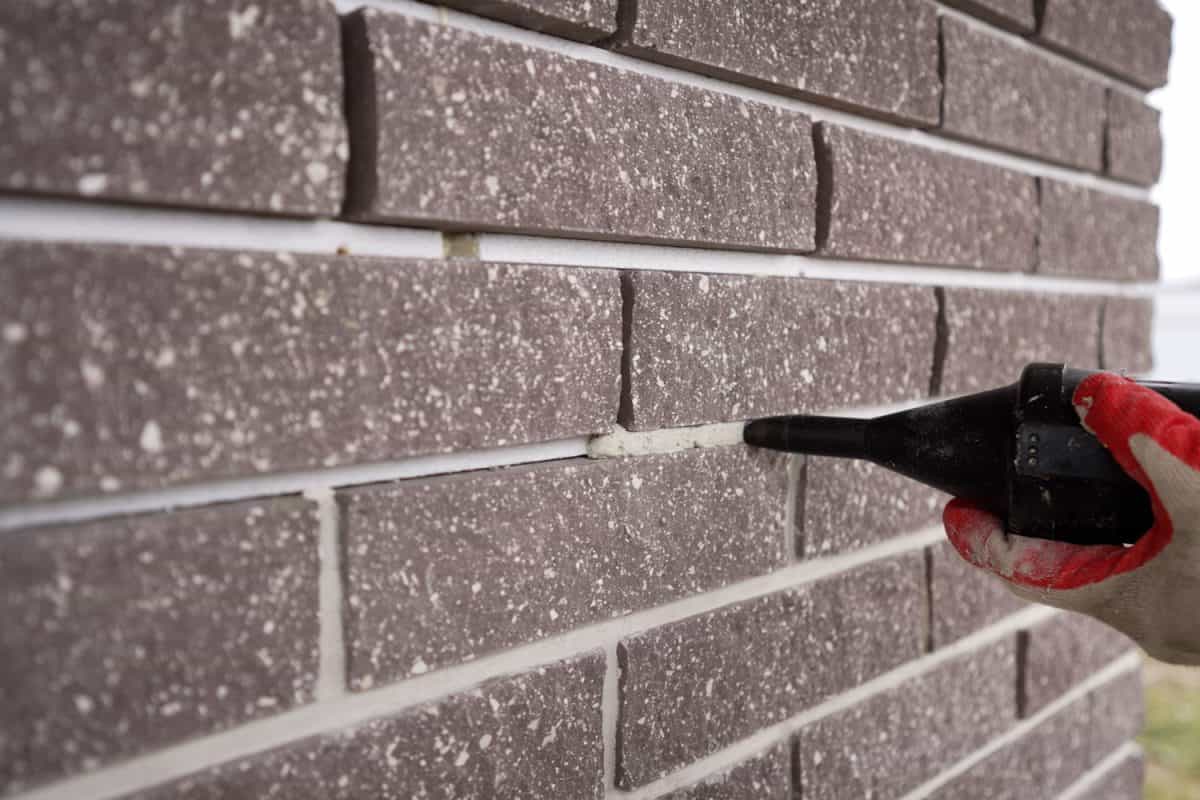
Here are the signs that would indicate that your pavers' sealer is already wearing off.
- Fading or discoloration: When the surface's color changes or loses its original color, it's time to reseal your pavers.
- Dark spots: This is evident when it rains and the color of your pavement doesn't go back to its normal hue. This means that those areas are absorbing more water which implies that the sealer no longer serves its purpose of acting as a water barrier.
- Stains. You have to recoat your pavers when there are stubborn stains that affect their overall appearance. Over time, stains will be harder to remove since the sealer's coat is wearing off and it doesn't give it 100% protection from motor oil, chemicals, dirt, and other substances.
- Mold. Their presence is an indication of a water issue. Since the sealant is wearing off, it is no longer effective in keeping moisture away from your pavers. When they continue to thrive in your patio or walkways, they'll eventually affect the structural integrity of your pavement.
These are just some of the instances that you might notice on your pavers. Once you observe any of the above issues, you'll know it's time to have your pavers recoated with a good-quality sealant so you can preserve their good condition.
Why should you seal your pavers?
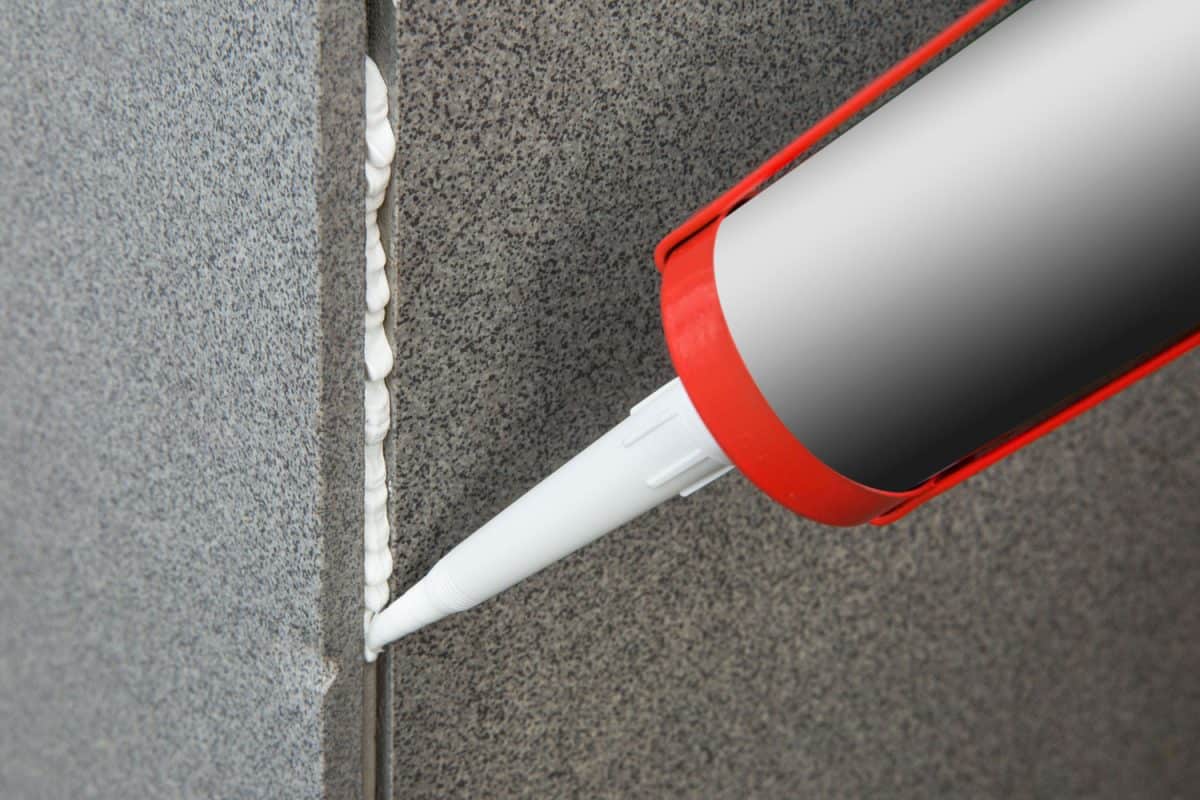
Sealing pavers is a very good idea. It should also be a part of your pavement's regular maintenance so that you'll enjoy these particular benefits.
Enhance aesthetics
Coating your pavers with a sealant makes their look stand out. The pavers' color on your patios, pathways, pool decks, and driveways is more vibrant. Sealing simply makes your pavement's appearance a lot better. In effect, it adds value to your property since it enhances your house's curb appeal.
Prevent stains
The sealant acts as a protective layer on your pavers especially those with porous surfaces. If there's no sealer, they will absorb the liquids and other particles that land on their surfaces. Oil, grease, grime, and bird poop can penetrate the pavers and make them look messy all the time. When there are stains, your pavers don't look presentable. That's why sealing them can help preserve their appearance.
Keep away pests, weeds, and insects
Sealing your pavers will help protect them from pests, weeds, and insect infestation. We all know what will happen when these unwelcome creatures and plants are allowed to thrive inside your pavement. They will destroy its structural integrity and you'll end up with a damaged hardscape.
By preventing and covering gaps in between your pavers, there's no way these pests can creep into and settle inside your pavement.
Prevent cracks
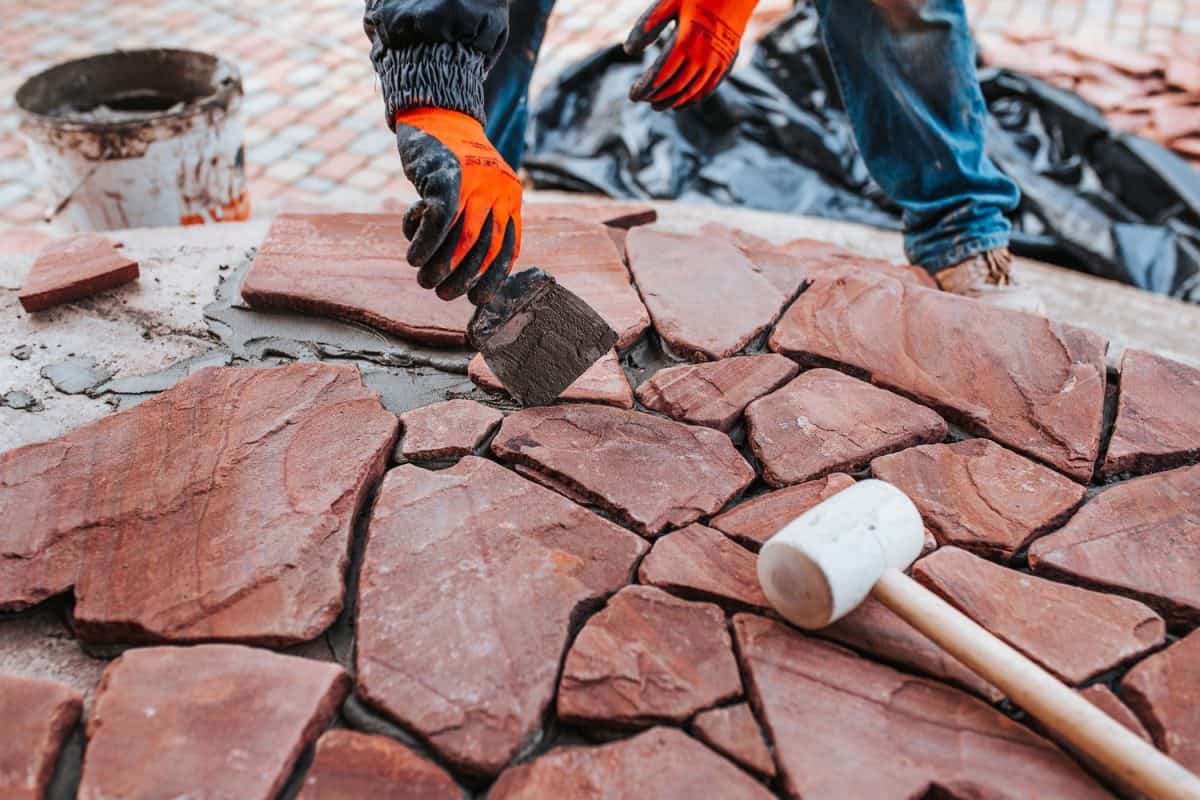
Sealants cover cracks and gaps in your patios, pathways, pool decks, and driveways. Cracks happen when there's shifting as seasons change. Sealing is important so that there'll be no space where water, dirt, and other foreign particles can settle and affect your pavement's durability and performance.
Easier maintenance
When your pavers are coated with a sealer, it makes cleaning your pavement so much easier and more convenient. You can simply wipe off spills, sweep away the dirt on its surface, and it'll be back to its original appearance. The sealer gives the pavers better resistance against dirt and stains.
Prolong pavers' life expectancy
Since the sealer offers protection against the elements, it is also more durable despite the intense heat, harsh UV rays, heavy rains, and snow. This means you won't need to do repairs as often and you'll save money in the long run.
In effect, sealing your pavers helps make them last longer and maintain their beauty for many years to come.
Final Thoughts
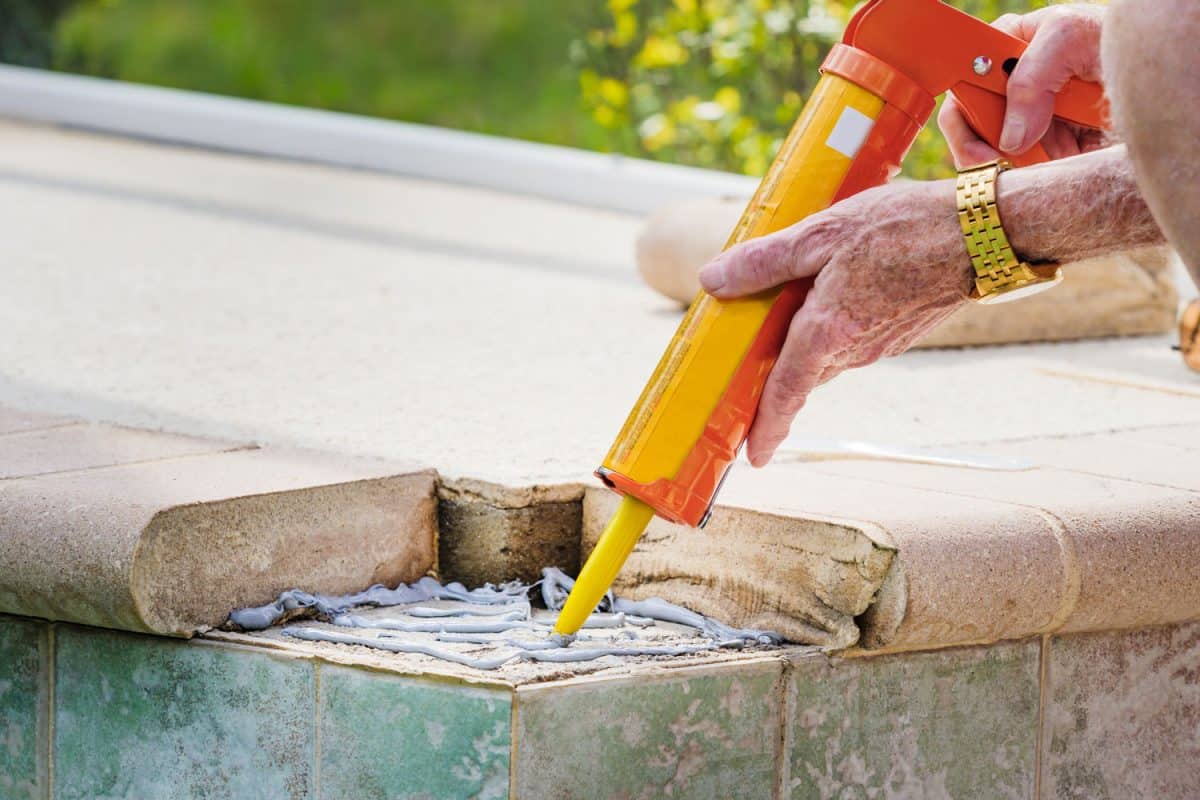
Resealing your pavers is the key to protecting your investment in your patios, pathways, driveways, and pool decks. It should be done regularly or as soon as you notice signs of wear and tear to help preserve your pavement's condition.
If you want to read more about paver maintenance, you may visit the following links:
How To Remove Polymeric Sand From Pavers
Can You Clean Pavers With Bleach? [Best Cleaning Methods & Stain Removal]


![Vibrant Red Paver Stone Path, Can You Spray Paver Sealer? [How To Apply It]](https://pavingplatform.com/wp-content/uploads/2022/04/Vibrant-Red-Paver-Stone-Path-600x400.jpg)
![Properly laid out red pavers for a garden, Can You Tint Paver Sealer? [And How To]](https://pavingplatform.com/wp-content/uploads/2022/04/Properly-laid-out-red-pavers-for-a-garden-600x400.jpg)
